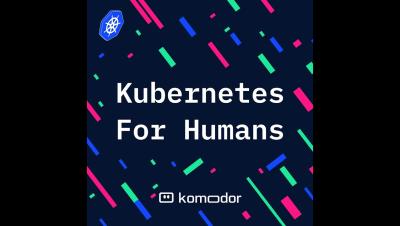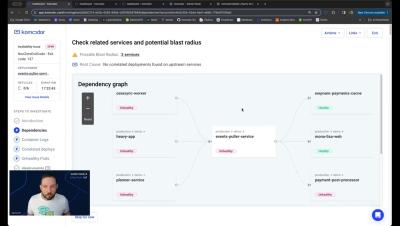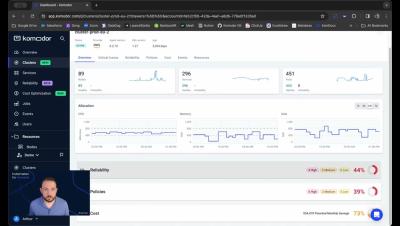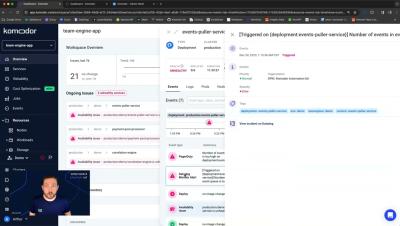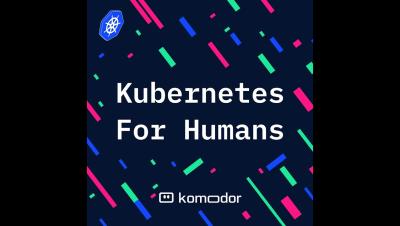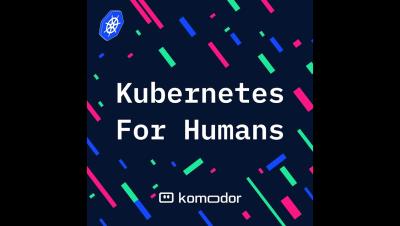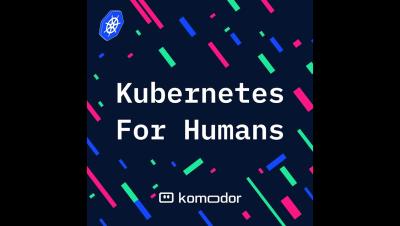#024 - Kubernetes for Humans Podcast with Gabriele Bartolini [EDB]
A long-time open-source programmer and entrepreneur, Gabriele has a degree in Statistics from the University of Florence. After having consistently contributed to the growth of 2ndQuadrant and its members through nurturing a lean and DevOps culture, he is now leading the Cloud Native initiative at EDB.


